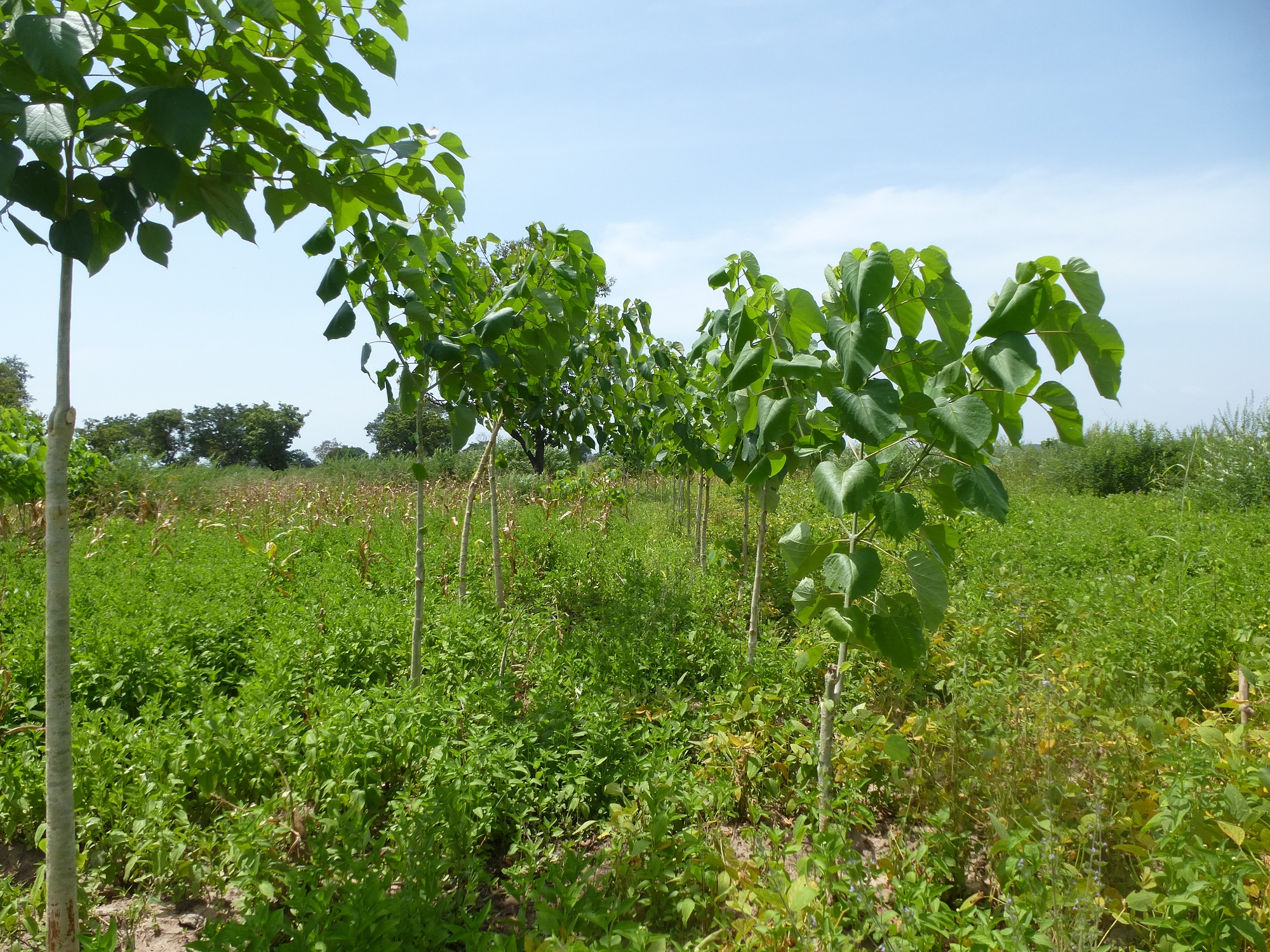

Using a participatory, inclusive and non-discriminatory approach, beneficiary households are identified through awareness-raising workshops in all project villages. The principle is voluntary and unconstrained, and includes the restoration of at least 0.5 ha of cultivated land capital for each farming household. Each plot is inventoried, geolocated and mapped. The condition of each plot (cultivation history, yield, trees present, etc.) is established and well documented. The restoration of the plot is carried out bilaterally, with each party contributing its share: the project 80% (payment of ambassadors, provision of seedlings, contribution to site preparation, etc.) and the household 20% (in kind, search for stakes, planting, maintenance of the plantation).
- Strong collaboration between former GIZ projects (ProREDD, ProENERGIE, IWP),
- Availability and good integration of the implementation team (DFS team),
- Commitment and active participation of all local administrative authorities (prefectoral, communal and cantonal) in the activities;
- The participatory and inclusive approach, with support for community leaders at grassroots level. This involves support, especially for landowners, from the prefect, mayors of the three communes, canton chiefs and village chiefs. In fact, the land does not belong to the farmers or farming households. The owners' agreement was required to place these areas under restoration.
- Simple household selection criteria, voluntary and inclusive participation
- A combination of appropriate local governance and the communication process proved successful.
- Compromise reached between landowners and farmers for the distribution of the usufruct linked to the harvesting of energy wood, without however hindering previous negotiations between these two categories of stakeholder.
- Involvement of transhumant herders and peuhles in activities (awareness-raising) to reduce the negative impact on plantations.